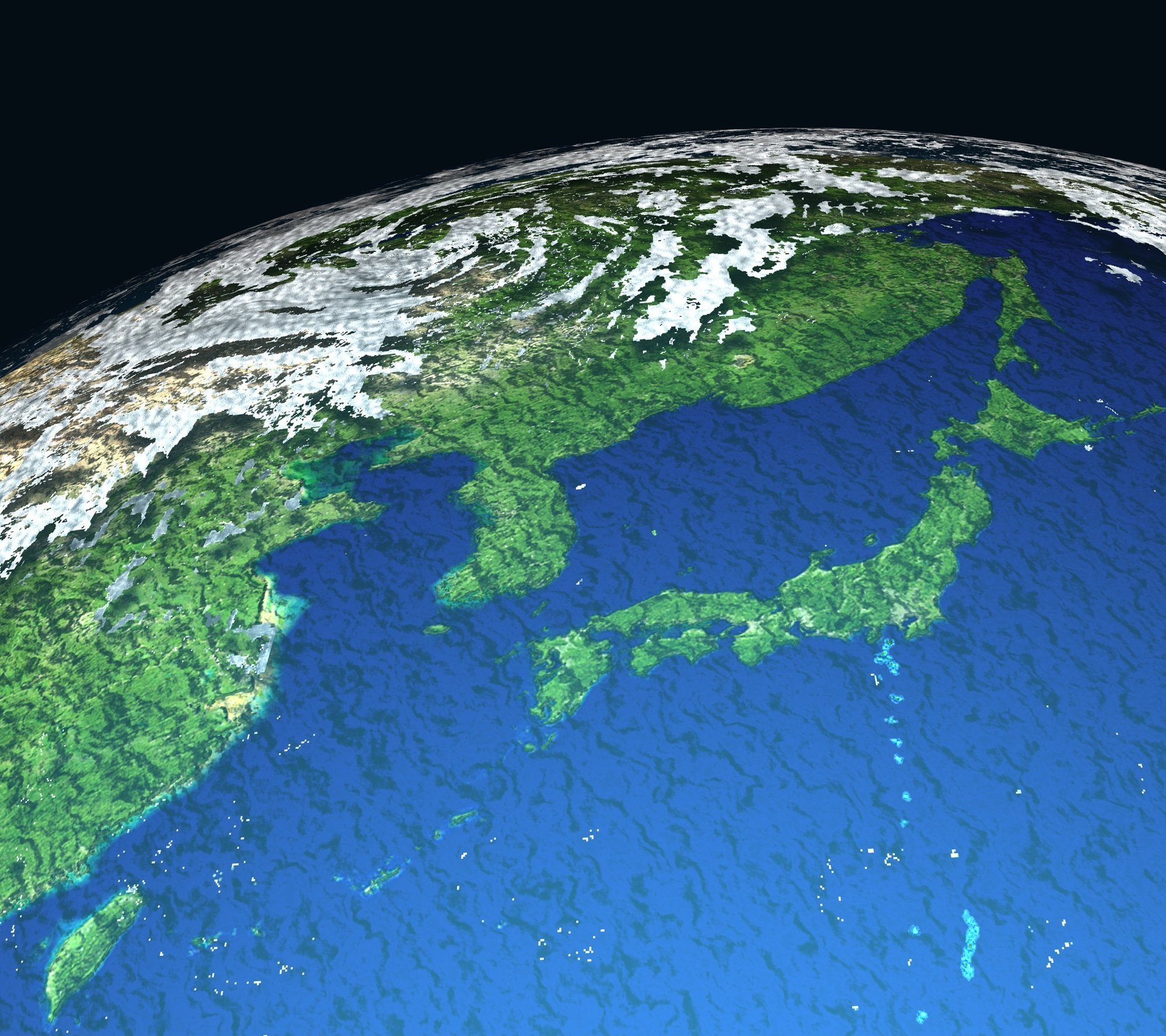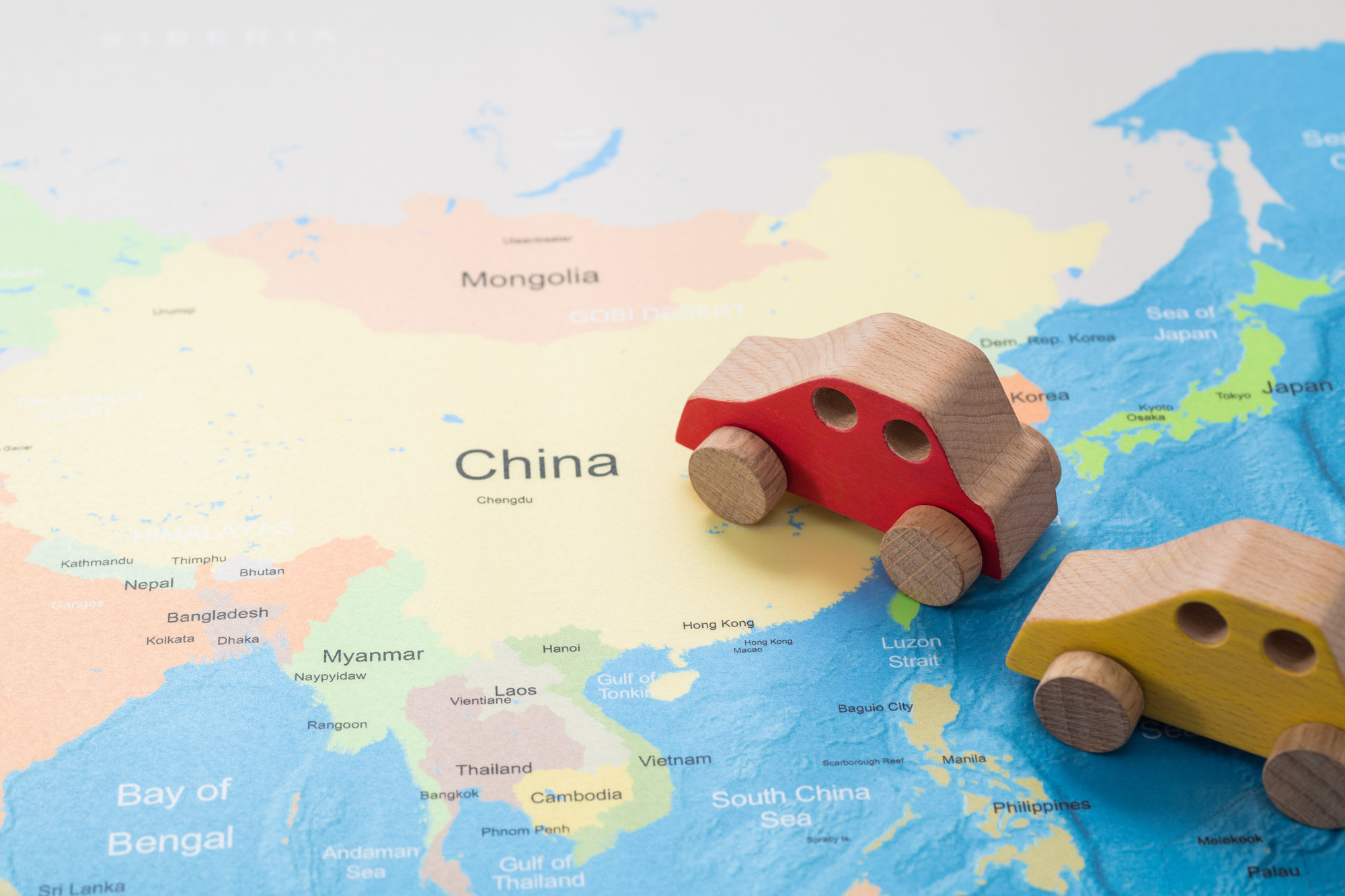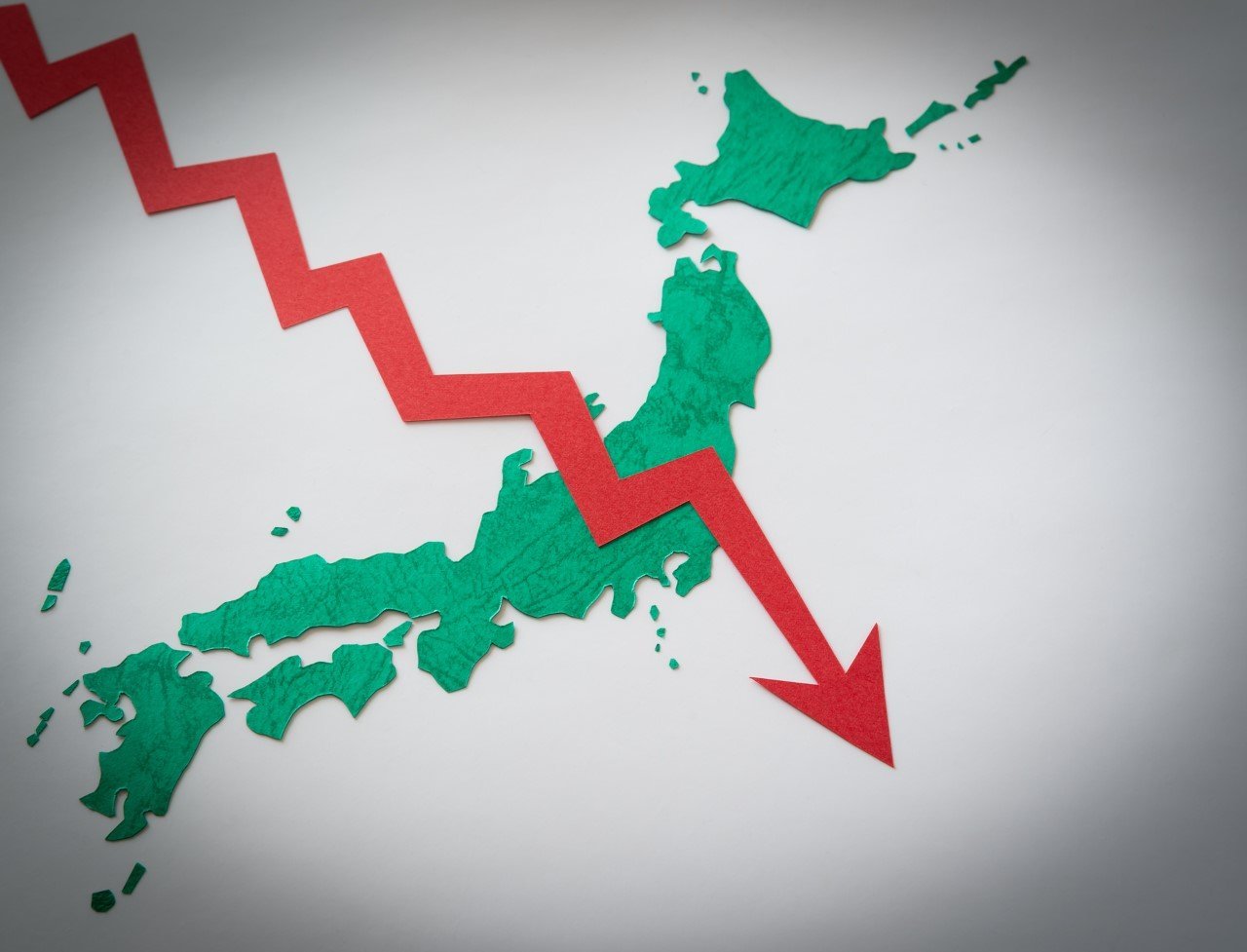2012/07/10
No. 155: Mikiyasu Nakayama, "Japan Should Assist the Development of Water Security Regulations"
The term "water security" has become popular among decision makers and practitioners, as is the case with "food security" and "energy security." It implies that water security is increasingly becoming a global concern, not an issue of any particular region. Water security has two important aspects: securing water and ensuring water for security. Failure to secure water within a particular country tends to lead to insecurity in the surrounding region. Water scarcity as a result of climate change, misuse, or improper management of water resources is seen as a potential source of conflict and instability in many regions.
We have witnessed various conflicts over water among countries in Asia, e.g., between India and Pakistan over the Indus River, between Thailand and Vietnam over the Mekong River, between China and Russia over the Amur River, between Bangladesh and India over the Ganges River, and among Iraq, Syria and Turkey over the Tigris and Euphrates Rivers.
It is noteworthy that CSCAP (Council for Security Cooperation in the Asia Pacific) has established a Study Group on Water Security in Mainland Southeast Asia. Mainland Southeast Asia is home to about 224 million people, a majority of whom live on its major rivers and lakes. Many rivers and lakes in mainland Southeast Asia, however, are polluted, and some places are being contaminated at an alarming speed. The region's biological diversity is in great danger. The major focus of this Study Group is the Mekong River. The Mekong River alone is the source of livelihood for more than 100 million people, providing 1.8 million tons of fish and shrimp a year.
Rivers in mainland Southeast Asia are also important for navigation, which has a role in connecting regional communities by increasing their trade relations, especially in the fishery sector.
Poor usage and mismanagement of water resources can have wider regional security implications and affect the stability of the whole region. A balance needs to be established between national development and interests on the one hand and regional needs and sustainability needs on the other. Since water is a multidimensional and complex issue, there are certain problems that take a longer time to fix and some that require immediate action. Regional water security should be addressed on a priority basis, with the most urgent issues being taken up first. Cooperation and negotiation among different stakeholders are crucial to the sustainable use of water resources, and leadership is desperately needed.
Only through open and enhanced dialogue, with mutual respect for each other's legitimate rights, concerns and interests, can countries in the region find satisfactory solutions. Consolidating mutual confidence and trust, boosting bilateral and regional cooperation, and facilitating the performance of regional mechanisms and regimes will promote cooperation for the sustainable development of water resources in the region. Mechanisms and frameworks should be established for cooperation and data sharing, regional and international institutions strengthened, civil society empowered, opportunities for private-sector contributions considered, and preventive mechanisms for water-related disputes put in place.
Water security can also be linked to climate change. Lower river levels combined with a higher sea level could form a twin threat to the region, whose civilizations and cultures have long been based on paddy rice production. Moreover, water security is directly related to food security. As the biggest rice exporters are from mainland Southeast Asia, crop failures in the region would also mean insufficient rice supplies elsewhere. As a result, not only would the livelihood of millions of people in the mainland Southeast Asia be badly affected but that of a larger population in other regions could be indirectly influenced as well. Securing water resources is of great importance to the promotion of sustainable development in local economies and the betterment and security of millions of peoples' lives.
Preventive diplomacy, transparency, and regulatory and institutional frameworks are among the major factors for achieving water security in the region.
Distrust and suspicion among the countries in a region frustrates regional cooperation and worsens existing and potential conflicts. Mistrust and conflict may be caused by a shortage of information and by miscommunication. Transparency, accountability and public participation are among the most important factors for good water resources management in the region.
The principle of prior notification and the exchange of information are essential for shaping relations among riparian states. Sharing knowledge and information on water resource management is of the utmost importance in strengthening cooperation between upstream and downstream countries. Information/data sharing and consultation help reduce misperceptions and mistrust and facilitate the renegotiation of earlier agreements. Various stakeholders who might play important but different roles in different contexts in different countries should be engaged in joint regional efforts to ensure water security and other related matters. The possibilities of establishing mechanisms and frameworks for cooperation and data sharing should be explored.
International water law once had four general principles, namely sovereignty equality, freedom of navigation, equitable apportionment or sharing, and freedom from harm. More principles have been added recently, such as prior notification, exchange of information, and compensation for damage. The effectiveness and efficiency of regional institutions addressing water security issues such as the Mekong River Commission should be improved. The role of regional security institutions and mechanisms should also be enhanced to promote dialogue and cooperation on water as a source of several regional security problems. Water security needs to be elevated to the agenda of regional institutions such as the ASEAN Regional Forum (ARF). A normative and legal environment should be established and strengthened in order to facilitate the collective management of water security issues in an appropriate manner and in conformity with generally accepted international standards.
The author believes that Japan may contribute to strengthening the world's water security, especially in Asia and the Pacific region, by assisting in the development of international and regional regulatory as well as institutional frameworks. Japan was actively involved in drafting the 1997 United Nations Convention on the Law of the Non-Navigational Uses of International Watercourses. Japan also strongly supported the activities of some river basin organizations, such as the Mekong River Commission, in international waters. Further efforts of this nature should be made in both international and regional contexts. The lack of a master plan in an international water body often leads to conflicts among basin countries. Japan has assisted many countries in elaborating national master plans for water resources. Japan should also give support on international waters so that basin countries will develop a master plan on the use of their shared water resources, and so that such a master plan can serve as the "agreed upon" basis for the use of water resources by basin countries.
Note: This article is based on the draft memorandum of the CSCAP Study Group on Water Security in Mainland Southeast Asia, developed by the author with materials such as reports of the Study Group meetings.
Dr. Mikiyasu Nakayama is a professor, Graduate School of Frontier Sciences, The University of Tokyo
The views expressed in this piece are the author's own and should not be attributed to The Association of Japanese Institutes of Strategic Studies.









